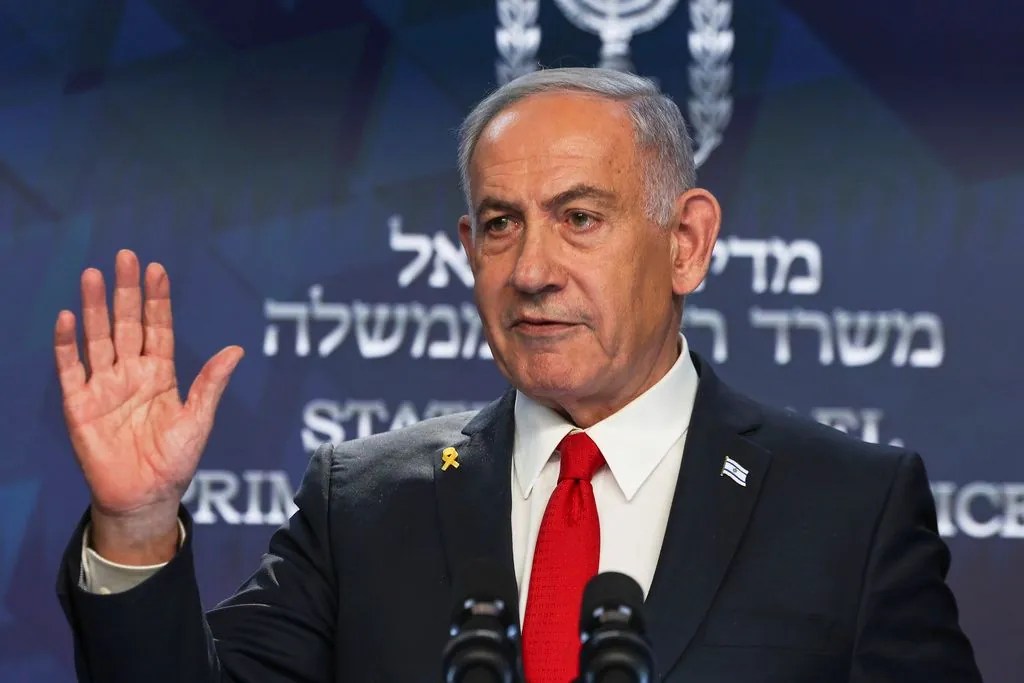NJ Transit strike ends as engineers union announces a deal
A three-day strike involving New Jersey Transit (NJ Transit) workers concluded after the Brotherhood of Locomotive Engineers and Trainmen reached a deal with NJ Transit on Sunday evening. the strike began early Friday morning following stalled contract negotiations that had been ongoing for five years. Consequently of the strike, thousands of daily commuters faced uncertainty regarding their travel to work. NJ Transit is expected to resume full train services by Tuesday, after conducting safety inspections on Monday. Governor Phil Murphy has urged employers to allow one more day of remote work to ease the transition back to normal operations.The strike was estimated to have cost NJ Transit around $4 million per day. Murphy praised the agreement as beneficial for labor, NJ transit, commuters, and taxpayers alike.
NJ Transit strike ends as engineers union announces a deal
A three-day statewide strike of New Jersey Transit workers ended on Sunday after a transit union reached an agreement with NJ Transit.
The union, Brotherhood of Locomotive Engineers and Trainmen, called off the strike at 6 p.m.
NJ Transit said trains should be operating at their full schedule beginning on Tuesday. NJ Transit will take a day to run safety inspections before the service can resume, so Democratic Gov. Phil Murphy has asked employers and employees to do one more work-from-home day to not overload the system.
“If both employers and employees could please give us one more day of work from home, that would be a huge, huge boost,” Murphy said.
On Monday, NJ Transit will continue to rely on its strike contingency plan to handle the thousands of daily commuters. This consists of running chartered buses from four locations into New York City.
“This is an extraordinarily complex operation,” Kris Kolluri, the CEO of NJ Transit, said at a Sunday press conference. “We run hundreds of trains a day. We have to make sure all the equipment is where it needs to be, all the safety inspections have been done. … For us, it is better to get it right, and do it methodically, than to rush and meet some artificial deadline and get it wrong.”
Kolluri said the strike would cost an estimated $4 million per day.
“It is now the union’s job to go back and brief their members and put the agreement up for ratification,” Kolluri said.
Talks broke down on Thursday night, leading the transit engineers to go on strike at 12:01 a.m. on Friday. Thousands of commuters were uncertain how they would get to work on Friday. NJ Transit said it carries about 70,000 passengers on its trains into Manhattan on an average weekday.
“It is frankly a mess of their own making, and it is a slap in the face of every commuter and worker who relies on NJ Transit,” Murphy said.
Before the strike, transit engineers were hoping for a contract that would pay them the same amount as engineers who work for Amtrak. Contract negotiations had been ongoing for five years. In April, the engineers’ union rejected a deal that would raise their average annual pay to $172,000 from $135,000.
FOUR BIG DEADLINES IN 2025 THAT WILL TEST GOP TRIFECTA LEADERSHIP
Murphy praised BLET and NJ Transit after the deal was reached Sunday evening.
“This is a good result for labor,” Murphy said. “It’s a good result for NJ Transit. It’s a good result for commuters and taxpayers.”
" Conservative News Daily does not always share or support the views and opinions expressed here; they are just those of the writer."



